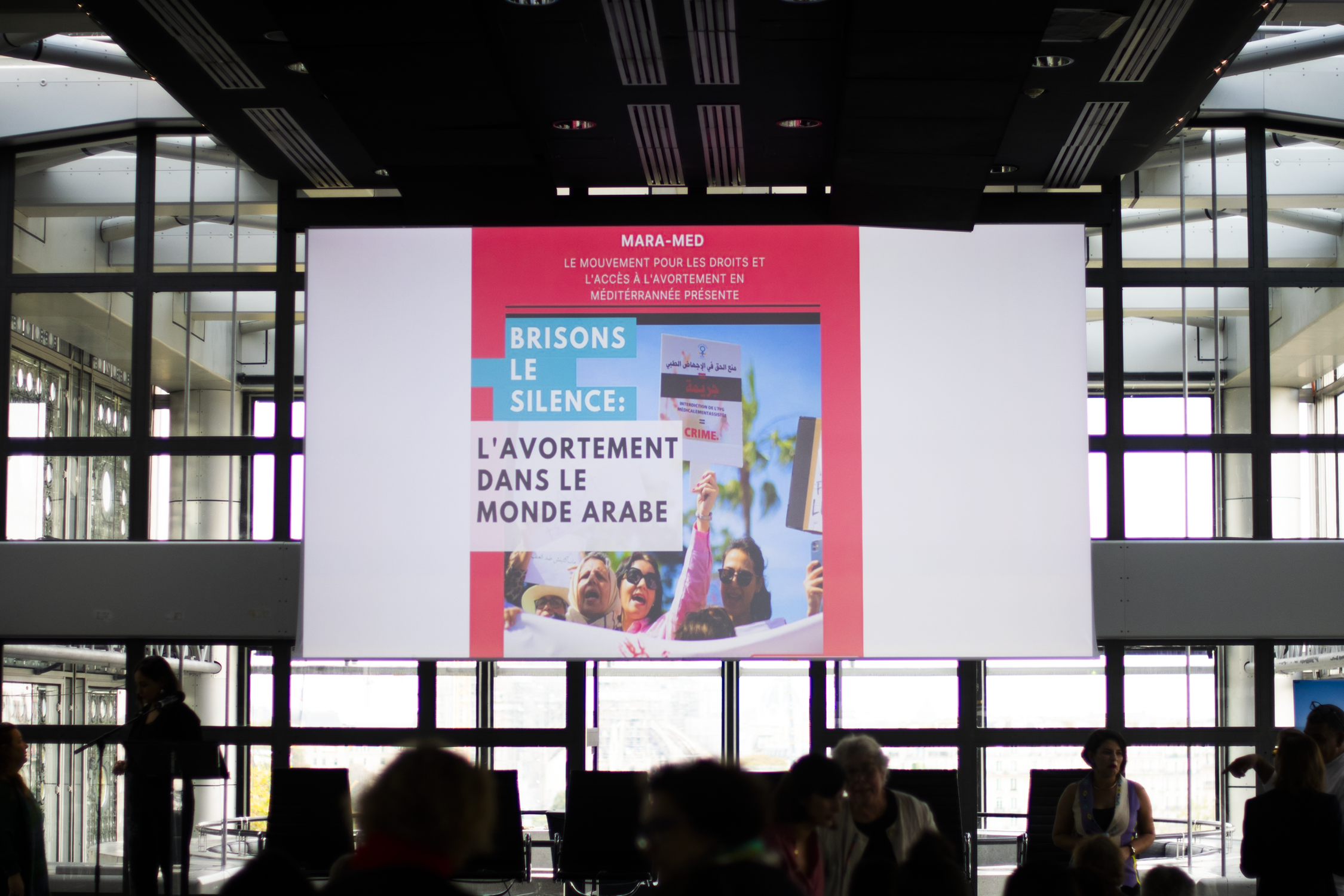By Hazal Atay
The landscape of abortion rights and access varies widely across the Mediterranean region, reflecting diverse legal contexts and health systems. From countries with progressive abortion laws to those with restrictive laws and policies limiting access, the issue of abortion remains deeply contentious in the Mediterranean region. As abortion rights are broadly restricted in Algeria, Malta, Morocco, Libya, Lebanon, and Syria, abortion access is being threatened in Italy, Tunisia, and Turkey. While France has constitutionalized abortion, in Spain, a website providing information on medical abortion was recently censored. In fact, the issue of abortion rights and access intersects with broader debates on women's autonomy, human rights, the rule of law, and democracy.
The state of the art: Abortion rights and access in the Mediterranean
Europe has long been at the forefront of progressive abortion rights. Abortion is broadly legal across most European countries, including at women’s request. However, a few exceptions persist in countries like Andorra, Malta, and Poland, where restrictions remain stringent. Although abortion rights are mostly permissive elsewhere in Europe, laws and regulations still involve some barriers to abortion care, including arbitrary gestational limits, conscientious objection, compulsory counseling, mandatory waiting periods, and more. These barriers continue to hinder access to abortion care for some women and pregnant people and may potentially be more difficult to navigate for individuals from marginalized backgrounds, such as refugees and migrants. Abortion therefore remains a fragile right in Europe, one that individuals still need to negotiate access to.
“The battles over women’s bodies can be won only by a revolution of the mind.”
Tunisia stands out in the southern basin of the Mediterranean Sea. Abortion was legalized in Tunisia in 1973, making it one of the few countries, alongside Turkey, in the Middle East and North Africa (MENA) to allow abortion upon women’s request. However, despite the relatively liberal legal frameworks in Turkey and Tunisia, abortion access is undermined in both countries. Women’s groups in Turkey and Tunisia noted that women are increasingly being denied abortion care despite permissive legal frameworks. Moreover, abortion remains restricted in many other MENA countries such as Algeria, Lebanon, Libya, and Morocco, and abortion access is further endangered by the humanitarian and conflict settings in Palestine and Syria.
As laid out above, abortion rights and access clearly vary across the Mediterranean countries, which results in health inequities within and across borders. Nonetheless, local organizations are now increasingly mobilized on this issue, challenging stigma around abortion, advocating for comprehensive abortion care, and even providing support and resources for abortion seekers. In France, women’s groups and feminist movements gained a historic victory in their demand for constitutionalizing abortion. In Malta, doctors are mobilized for choice and for reproductive healthcare and rights. In Turkey, a new website entitled My Abortion Right has been launched to provide resources and pathways to those who are denied abortion care. The call for abortion rights and access resonates across all shores of the Mediterranean.
A regional movement for abortion rights and access: MARA
The disparities in abortion rights and access across the Mediterranean countries underscore the urgent need for a regional movement for abortion advocacy. It is within this context that we launched MARA, the Movement for Abortion Rights and Access. Our movement comes as a result of previous efforts, notably following the experience of RAWSA-MENA (the Rights and Access of Women to Safe Abortion: Middle East & North Africa Regional Network) launched in 2019. It builds on the shoulders of local organizations, health workers, lawyers, researchers, activists, youth, and individuals who work on and advocate for safe abortion, provide safe abortion services, and promote access to safe abortion for all women and pregnant individuals as a basic health priority and an inalienable human right. At MARA, we aim to amplify these voices and provide a platform for groups and individuals from diverse backgrounds to address the systemic barriers to abortion rights and access in the Mediterranean. We hold that abortion is essential healthcare and a fundamental human right. We recognize that, to echo Mona Eltahawy, “The battles over women’s bodies can be won only by a revolution of the mind” and aim for radical community change.

MARA is a young movement, but it has already stimulated rich conversations. We launched our movement on October 12, 2023, at the Arab World Institute in Paris with the participation of over 100 people and with stellar panelists from Algeria, Egypt, Tunisia, Turkey, Lebanon, and Morocco. Organized as a side-event of the XXIV FIGO World Congress of Gynecology and Obstetrics, our event, “Breaking the Stigma: Abortion in the Arab World,” marked a pivotal moment in our journey, sparking vital discussions addressing the reality of abortion in the MENA region and highlighting the invaluable contributions of local groups addressing the complexities of abortion access in their respective countries. As we continue to grow, we remain committed to breaking the silence, dismantling barriers, and promoting abortion rights and access across the Mediterranean. We draw inspiration from the successes of similar movements in South America, Africa, and Asia and recognize the transformative
